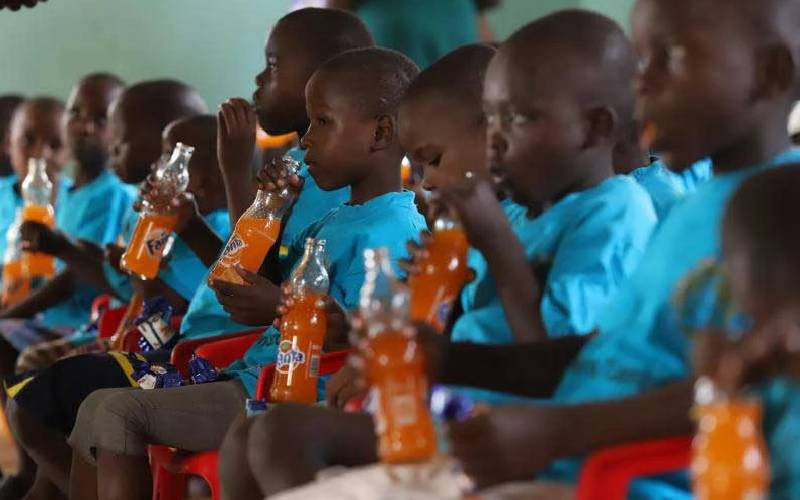×
The Standard e-Paper
Home To Bold Columnists

The cruelty of life on the streets almost stripped her of her innocence. But she still held on to her mother who had slipped deep into alcoholism.
Her step-father was also an alcoholic and for a long time, there was no one to take care of little Zane* or give her just a hug.